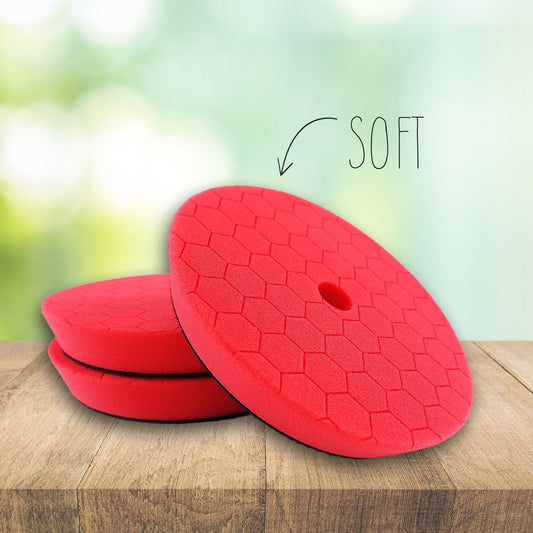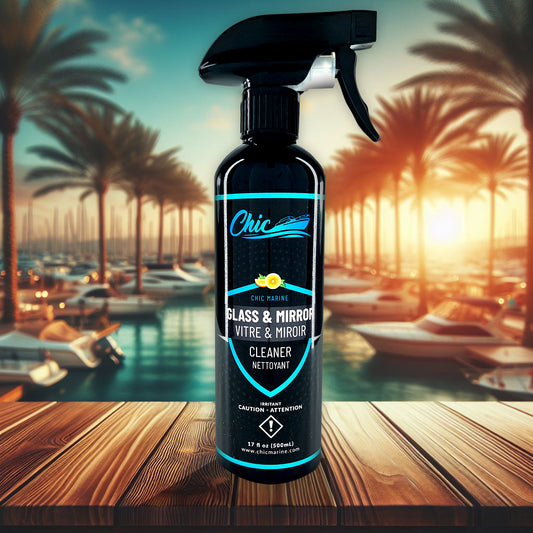The Most Common Boat Engine Problems and How to Fix Them
Boat engines can experience a range of issues, from minor inconveniences to major malfunctions. Understanding common engine problems and their solutions can save you time and money. Here’s a guide to some of the most frequent boat engine problems and how to address them:
1. Engine Won’t Start
One of the most frustrating issues is when your engine fails to start. This problem can be caused by several factors:
- Battery Issues: Check if the battery is charged and the terminals are clean and secure. Replace the battery if it is old or damaged.
- Fuel Problems: Ensure there is fuel in the tank and that the fuel lines are not clogged. Replace the fuel filter if it’s dirty.
- Starter Motor: If the starter motor is not engaging, it may need to be repaired or replaced.
If the engine still doesn’t start, consult a professional mechanic to diagnose and fix the issue.
2. Overheating Engine
An overheating engine can lead to severe damage if not addressed promptly. Common causes of engine overheating include:
- Blocked Water Intake: Check the water intake for any debris or obstructions that may be restricting water flow.
- Cooling System Problems: Inspect the coolant levels and ensure there are no leaks in the cooling system. Replace the thermostat if it’s malfunctioning.
- Clogged Impeller: The impeller pumps water through the cooling system. If it’s clogged or damaged, it may need to be cleaned or replaced.
Regular maintenance and checks can help prevent overheating and ensure your engine runs smoothly.
3. Rough or Erratic Idling
If your engine idles roughly or erratically, it could be due to several factors:
- Dirty Carburetor: A dirty carburetor can cause uneven idling. Clean the carburetor and adjust the idle settings as needed.
- Fuel Quality: Poor-quality fuel can affect engine performance. Use high-quality, fresh fuel and add a fuel additive to improve performance.
- Ignition System: Check the spark plugs and ignition system. Replace worn or faulty spark plugs to improve engine smoothness.
Addressing these issues can help stabilize your engine’s idle and improve overall performance.
4. Loss of Power
Experiencing a loss of power while boating can be concerning. Common causes include:
- Clogged Fuel Filter: A clogged fuel filter can restrict fuel flow. Replace the fuel filter to restore power.
- Propeller Issues: Check the propeller for damage or debris. A damaged propeller can reduce engine efficiency and power.
- Air Intake Problems: Ensure that the air filter is clean and free of obstructions. A clogged air filter can affect engine performance.
Regularly inspecting and maintaining these components can prevent power loss and ensure optimal engine performance.
5. Excessive Exhaust Smoke
Excessive smoke from the exhaust can indicate several problems:
- Rich Fuel Mixture: If the engine is burning too much fuel, it can produce black smoke. Adjust the carburetor or fuel injection system to correct the mixture.
- Oil Consumption: Blue smoke may indicate burning oil. Check the oil levels and look for leaks. Replace worn piston rings or seals if necessary.
- Cooling System Issues: White smoke could be a sign of coolant entering the combustion chamber. Inspect the cooling system and gasket seals for leaks.
Addressing the root cause of excessive exhaust smoke will help ensure your engine runs efficiently and cleanly.
6. Regular Maintenance Tips
Preventive maintenance can help avoid many common engine problems. Follow these tips to keep your engine in top shape:
- Regular Oil Changes: Change the oil and filter regularly to keep the engine lubricated and running smoothly.
- Routine Inspections: Perform regular inspections of the fuel system, cooling system, and electrical components.
- Clean Filters: Regularly clean or replace air and fuel filters to ensure optimal performance.
- Winterization: Properly winterize your engine to prevent damage during the off-season.
By addressing these common engine problems and following routine maintenance practices, you can ensure that your boat’s engine remains reliable and performs at its best.



